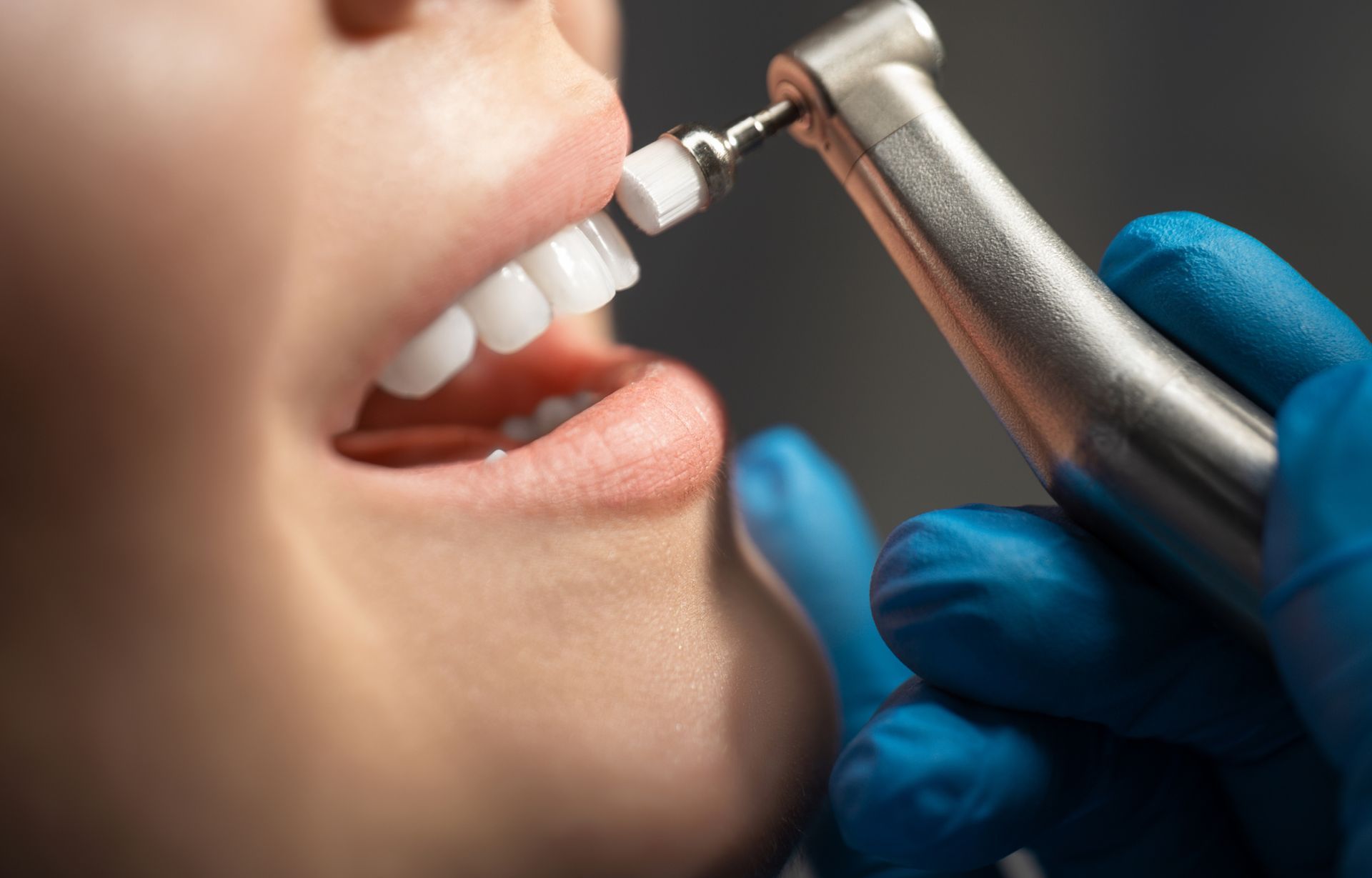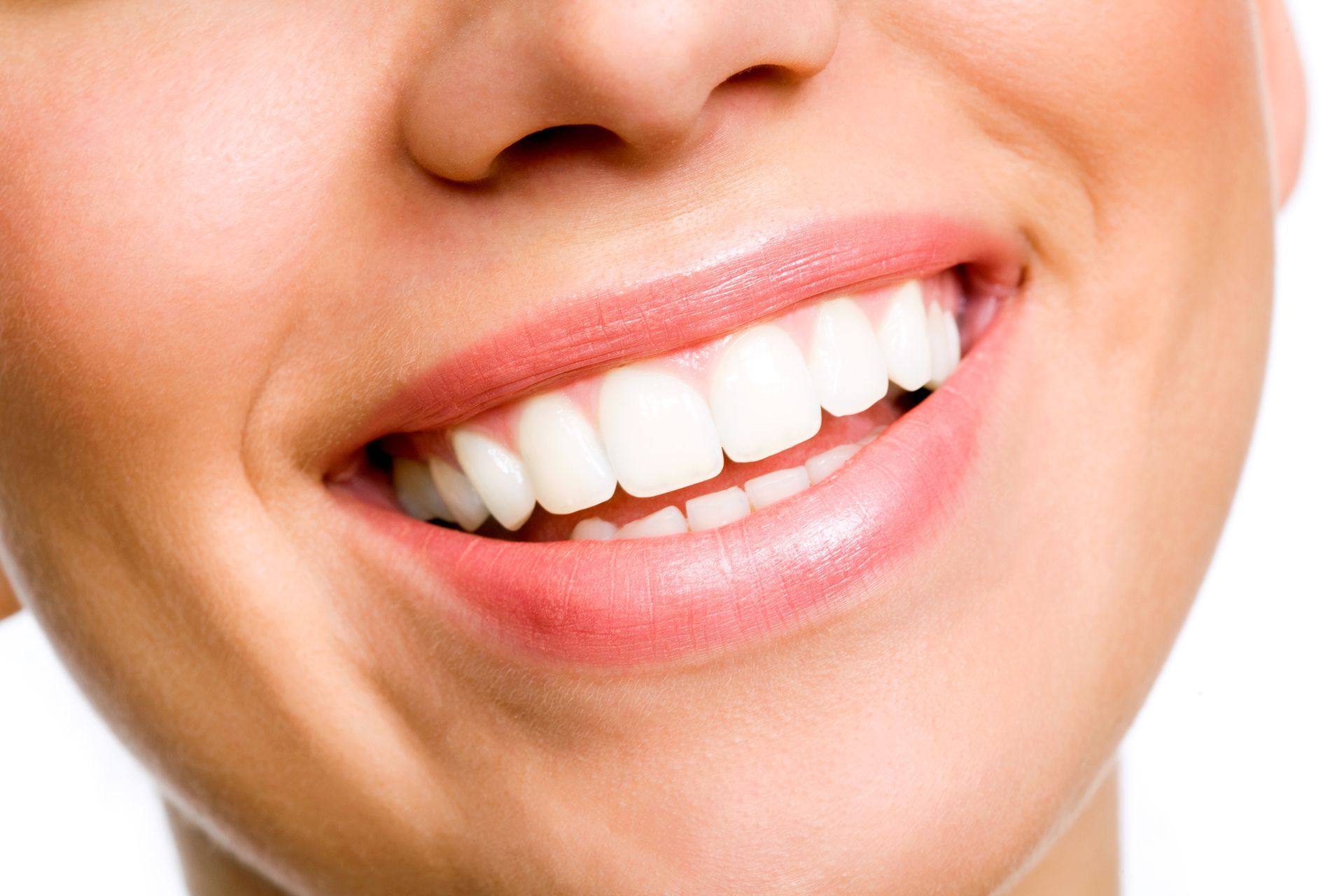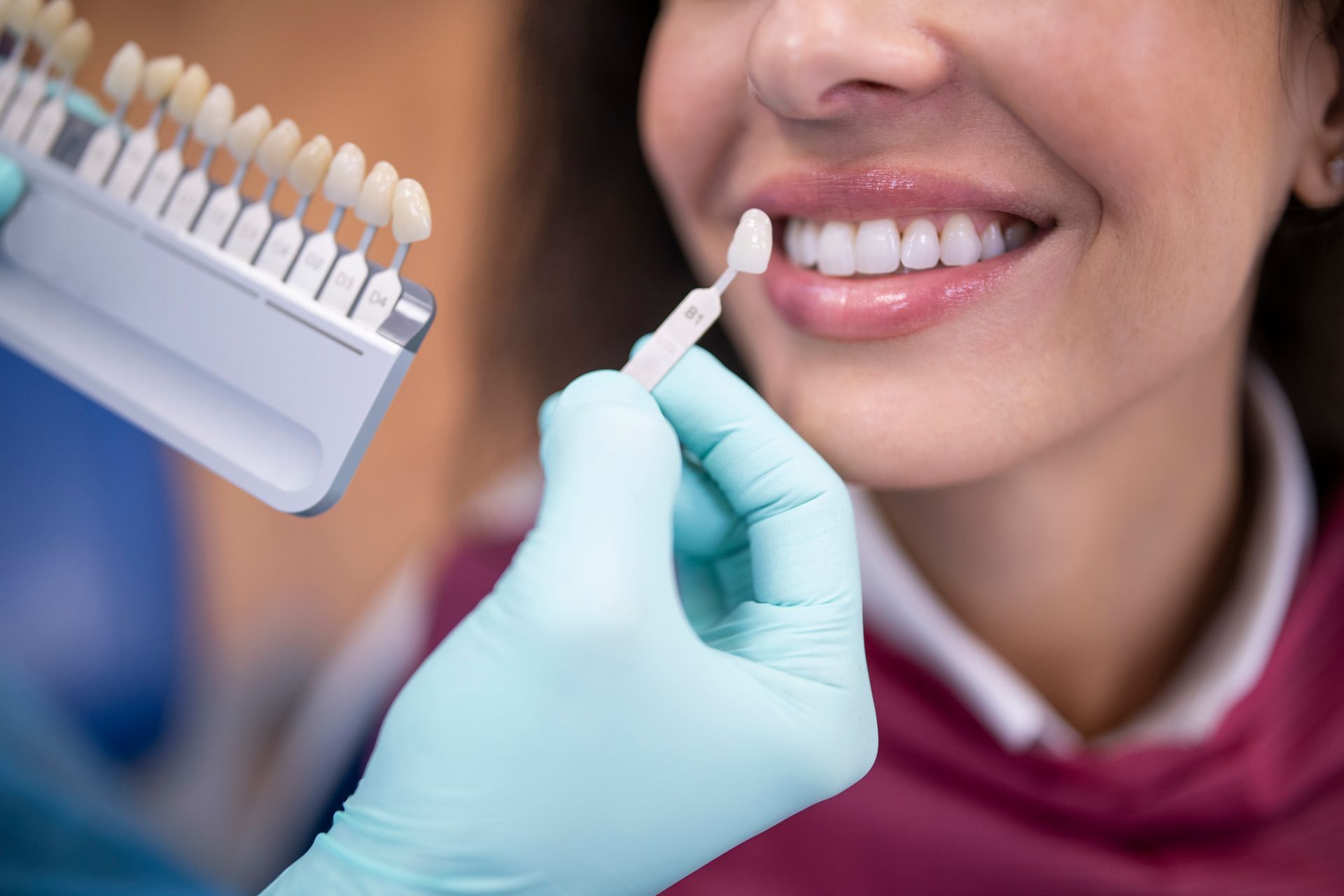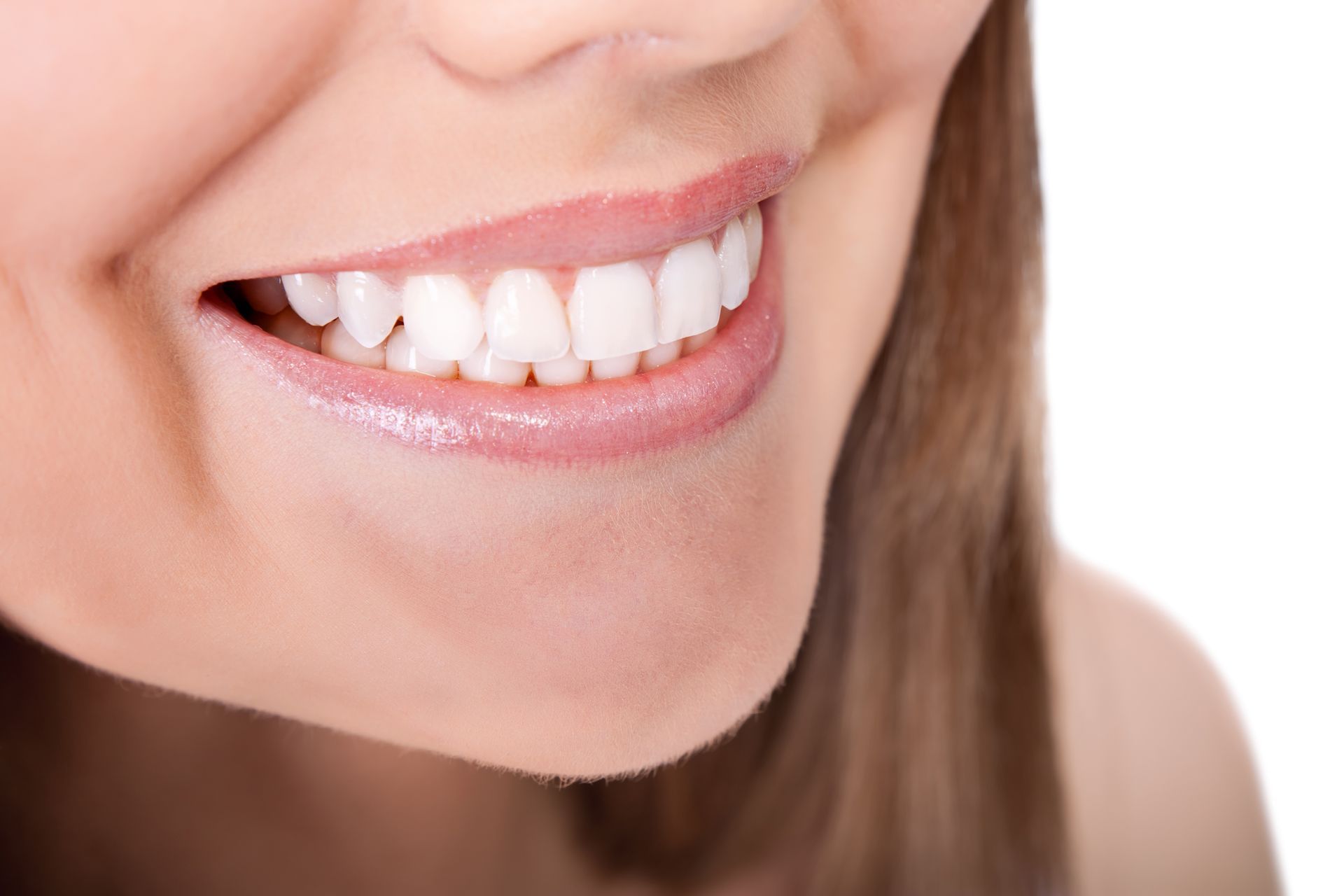What To Expect With Overdenture Treatment

Tooth loss, whether as a result of trauma, disease, or old age, can create a significant impact on your quality of life. It leaves you with difficulty chewing food and speaking, and can also cause a lack of confidence.
If you are experiencing tooth loss, you may wish to consider dentures. Dentures are artificial teeth and gums, which are fitted into your mouth to replace missing teeth. However, not all dentures are created equal. One denture option that has gained popularity in recent years is overdentures. Here is what you can expect when you opt for overdentures.
Personalized Treatment Plan
The first step to getting overdentures is a personalized treatment plan. The dentist examines your teeth and assesses the health of your gums to determine whether overdentures are the ideal treatment option for you.
You will also discuss your treatment goals and any concerns with the dentist, who will provide the most appropriate recommendations for your specific situation. A personalized treatment plan ensures that you get the best possible outcome with your overdentures and that you receive a comfortable, secure, and natural-looking result.
Multiple Fittings
The process of fitting overdentures typically involves multiple visits to the dentist's office. During these visits, the dentist will take impressions of your teeth and oral structures so that the dentures can be custom-made to fit your mouth correctly.
A series of trial-and-error fittings may be necessary to ensure that the fit is comfortable and accurate. Since the overdentures are custom-made for your specific needs, this process may take some time, and you need to be patient to ensure that the end result is worth the wait.
Secure Fit
One of the most significant advantages of overdentures is their secure fit. Unlike traditional dentures that rely on suction or adhesive to stay in place, overdentures are supported by dental implants. Dental implants are surgically placed in your jaw to provide the necessary support for the overdentures. As a result, overdentures don't slip or move around when you talk or eat, providing a more natural and comfortable feeling.
Improved Oral Health
Missing teeth can contribute to jawbone deterioration and be detrimental to your oral health. Overdentures can help prevent this from happening. Because dental implants are placed in your jaw, they stimulate the bone and keep it healthy.
Additionally, overdentures don't put pressure on your remaining teeth in the way that dentures can, leading to more significant oral health problems. Overdentures are an investment in your long-term oral health, and you can expect to experience an overall improvement in your oral health with this option.
Adjusting to your New Overdentures
After you have received your overdentures, there will be an adjustment period when you learn how to chew, speak, and use your new teeth effectively. It may take you some time to get accustomed to your new overdentures and learn how to care for them properly. This is common for all types of dentures, including overdentures, and it is essential to be patient with the process and work closely with your dentist to address any concerns.
If you have decided that overdentures are right for you, it's helpful to know what to expect when you get them fitted. Getting overdentures involves a personalized treatment plan, multiple fittings, and a secure fit.
Overdentures can also improve your oral health and provide you with a natural, comfortable feeling. It's important to understand that there will be an adjustment period, but as you adapt to your new teeth, you will enjoy the benefits of overdentures. With proper care and maintenance, your overdentures can provide you with a beautiful and lasting smile for years to come.
For more information about overdentures, contact our office. We can help you select the best dental option for your needs.










